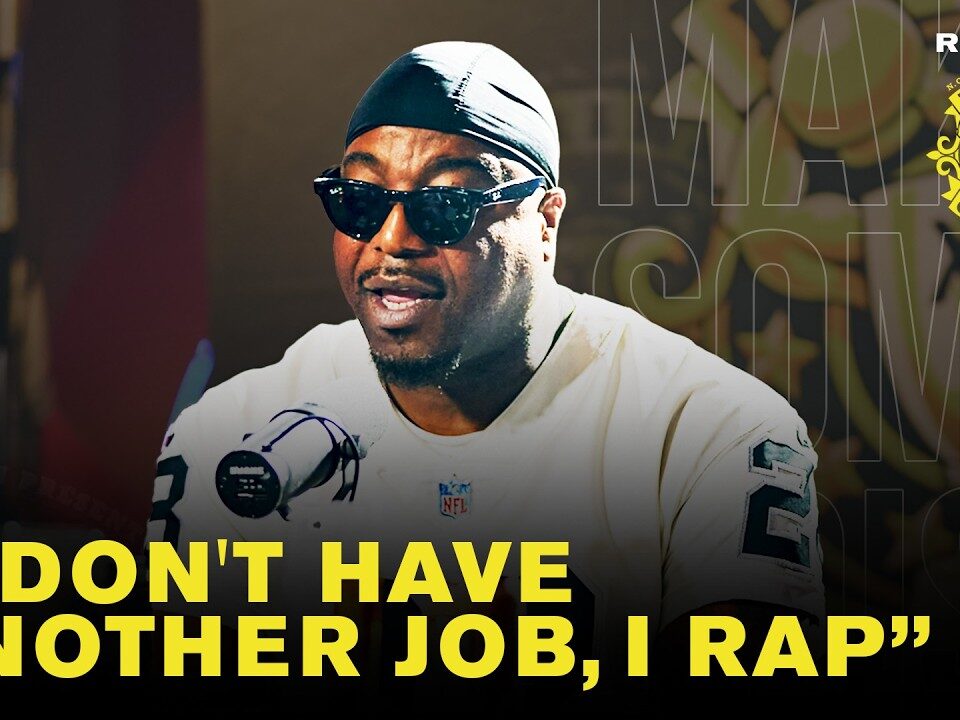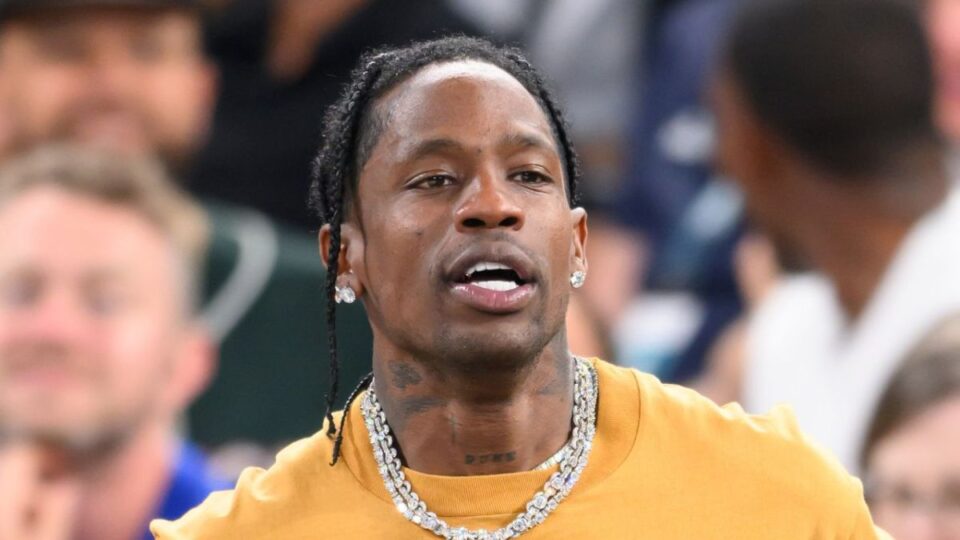The glamorous facade of the music industry often masks the gritty realities faced by artists, especially those who find themselves trapped in unfavorable contracts. Such was the case with a well-known artist who revealed the financial pitfalls despite having a successful album.
In an eye-opening discussion, the artist recounted how his album, despite generating a massive $11 million in revenue and selling millions, left him with barely enough to pay off a $130,000 house. The record label, Jive, capitalized on the success while the artist navigated the challenge of receiving minimal returns.
Continuing to release albums with similar outcomes, the artist stuck to his creative vision, opting out of crafting radio-friendly hits. Instead, he chose authenticity, spitting raw truth with the hope that listeners would resonate with his genuine expression.
The harsh lesson emerged after the third album, when the artist realized the extent of the financial imbalance. Even with subsequent albums, the lack of promotional support from the label left him unable to clear his debts, ultimately affecting his ability to secure new deals.
As his tenure with the label ended in 1999, the artist had to educate himself about the independent music scene. Mastering this new landscape took a decade, filled with mistakes but fueled by a commitment to his craft and staying relevant in the ever-evolving industry.
The artist’s journey taught him to maintain faith in the people he worked with, ensuring they shared his genuine passion for music rather than just seeking financial gain. This insight was hard-earned from his initial naivety, where trust was extended too easily amidst efforts to escape difficult circumstances.
Meanwhile, revisiting ownership of masters provided a potential opportunity for reclaiming control over his music, a task requiring legal prowess and perseverance. Gaining back masters meant not only artistic liberation but also financial empowerment.
The dialogue shifted to how some successful artists, like Tory Lanes, managed to buy themselves out of contracts, showcasing an alternative strategy in an industry known for stringent agreements. However, the path to independence through major labels comes with its own complexities and is not always replicable.
Despite these challenges, the artist remains dedicated to his music, even though he does not venture into other industries. His commitment is rooted in his ability to energize audiences, continue creating, and eventually reclaim what is rightfully his.
While the bright lights of fame may attract many to the music industry, the experiences of this artist highlight the importance of understanding the business side. Artists must strive to secure their rights and finances while maintaining their creative integrity.










